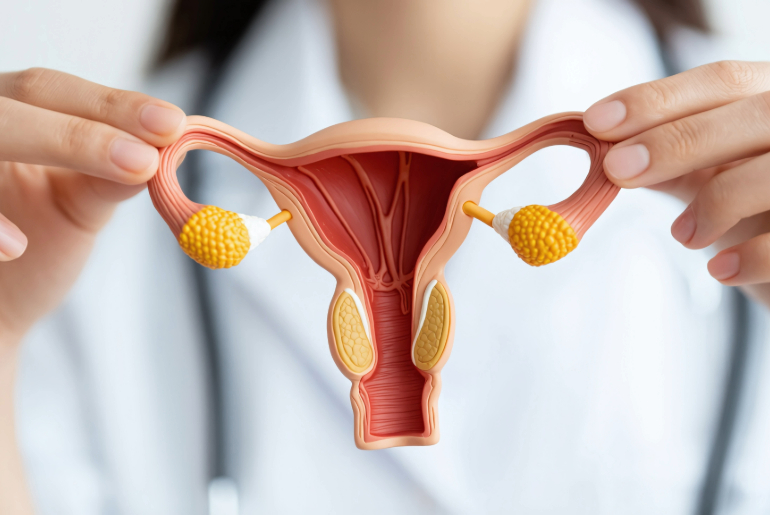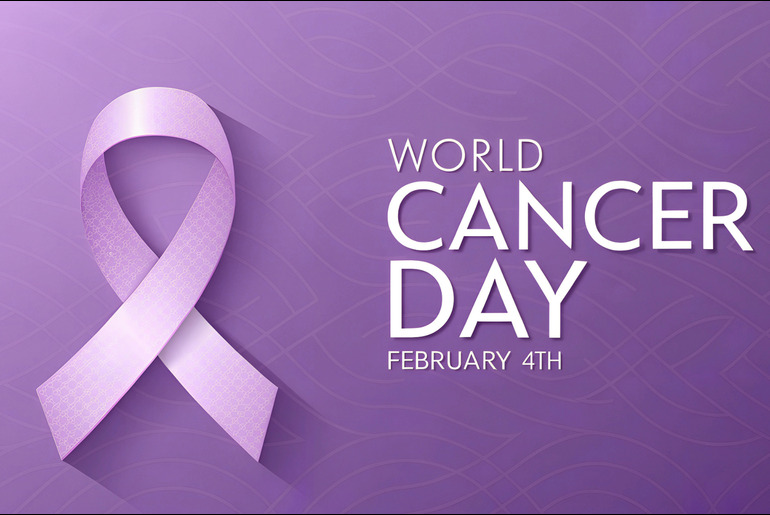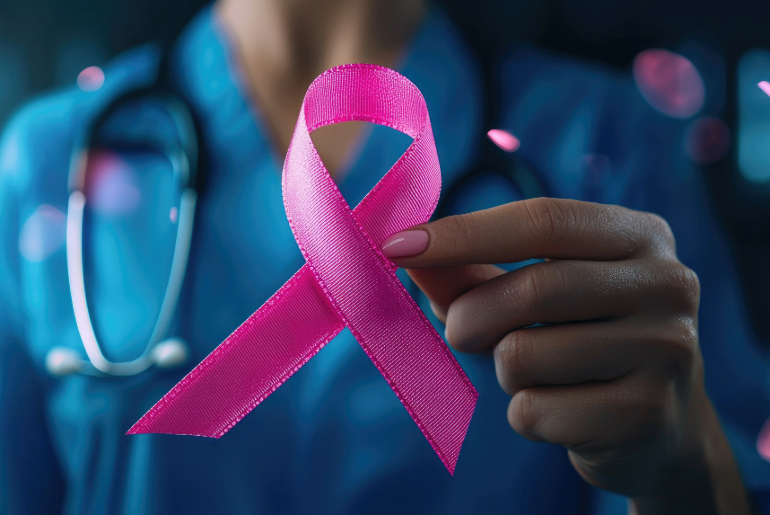Endometriosis affects millions of women in India. As per a study by experts, over 26 million women suffer from endometriosis in the country. This condition brings with it a range of challenging symptoms. But did you know that endometriosis could also have a more severe implication? There is a potential link between this condition and cancer, a topic that is not often discussed but is incredibly important for women’s health. Explore this connection further in this article.
What is Endometriosis?
Endometriosis is a chronic condition where tissue similar to the lining inside the uterus, called the endometrium, starts to grow outside the uterus. This misplaced tissue can be found on the ovaries, fallopian tubes, the outer surface of the uterus, and other organs within the pelvis. These tissue patches behave like the uterine lining by thickening, breaking down, and bleeding with each menstrual cycle. However, unlike the lining of the uterus, this blood has no way to exit the body, causing inflammation, severe pain, and sometimes the formation of scar tissue.
Women with endometriosis often experience symptoms such as intense menstrual cramps, chronic pelvic pain, pain during intercourse, and even infertility. The severity of these symptoms can vary greatly from one woman to another, making it a challenging condition to diagnose and manage[1] .
What is Endometriosis Cancer?
While endometriosis itself is not cancerous, there is a rare but significant risk that the condition can develop into cancer. Endometriosis cancer refers to a situation where the endometriosis tissue undergoes malignant transformation, resulting in cancerous growths. This phenomenon is relatively uncommon, but it is essential to be aware of it, especially for women with a history of severe or long-term endometriosis[2] .
Recognising the Symptoms of Endometriosis Cancer[3]
Identifying the symptoms of endometriosis cancer can be challenging as they often overlap with common endometriosis symptoms. However, some signs may suggest a more serious progression. Symptoms to watch out for include:
- Persistent and worsening pelvic pain
- Unexplained weight loss
- Bloating and abdominal swelling
- Changes in bowel habits ( constipation or diarrhoea)
- Pain during intercourse that worsens over time
- Abnormal vaginal bleeding outside of menstruation
Diagnosing Endometriosis Cancer
Diagnosing endometriosis cancer typically involves a combination of imaging tests, laboratory tests, and sometimes surgical procedures. Initial assessments may include an ultrasound or MRI to identify abnormal growths or cysts. If cancer is suspected, additional tests such as a CT scan or PET scan may be recommended to determine the extent of the spread[5] .
A biopsy, where a small sample of tissue is removed for examination, is often the most definitive way to diagnose cancer. This procedure helps to identify the type of cancer and its stage, which is crucial for determining the most effective treatment plan[4] .
Treatment Options for Endometriosis Cancer[6]
Surgery: The most common treatment for endometriosis cancer is surgery to remove the cancerous tissue. This may involve taking out the ovaries, fallopian tubes, or other affected areas.
Chemotherapy: This treatment makes use of drugs to kill cancer cells or cease them from growing. It is often used after surgery to get rid of any remaining cancer cells.
Radiation Therapy: This method uses high-energy rays to target and kill cancer cells. It is less commonly used but can be effective in certain cases.
Hormone Therapy: Since oestrogen can promote the growth of some types of cancer, hormone therapy may be used to obstruct the effects of hormones or reduce their production in the body.
Preventive Measures and Risk Reduction[6]
While there is no guaranteed way to prevent endometriosis cancer, certain measures may help reduce the risk:
Regular Check-Ups: Women with endometriosis should have regular medical check-ups and screenings, especially if they have a family history of cancer.
Healthy Lifestyle: Maintaining a nutritious diet, exercising regularly, and abstaining from smoking can help lower the risk of various cancers, including those associated with endometriosis.
Hormonal Management: For some women, managing hormone levels through medication or other means may help reduce the risk of endometrial or ovarian cancers.
Final Thoughts
Endometriosis can be a tough condition to manage, and the potential link between endometriosis and cancer adds another layer of concern. Stay aware, stay informed, and consult healthcare professionals regularly to get the best care possible.
Reference Links:
[1] https://www.mayoclinic.org/diseases-conditions/endometriosis/symptoms-causes/syc-20354656
[2] https://www.ncbi.nlm.nih.gov/pmc/articles/PMC5813919/
[3] https://www.healthdirect.gov.au/endometrial-cancer
[6] https://www.cancer.gov/types/uterine/patient/endometrial-treatment-pdq





